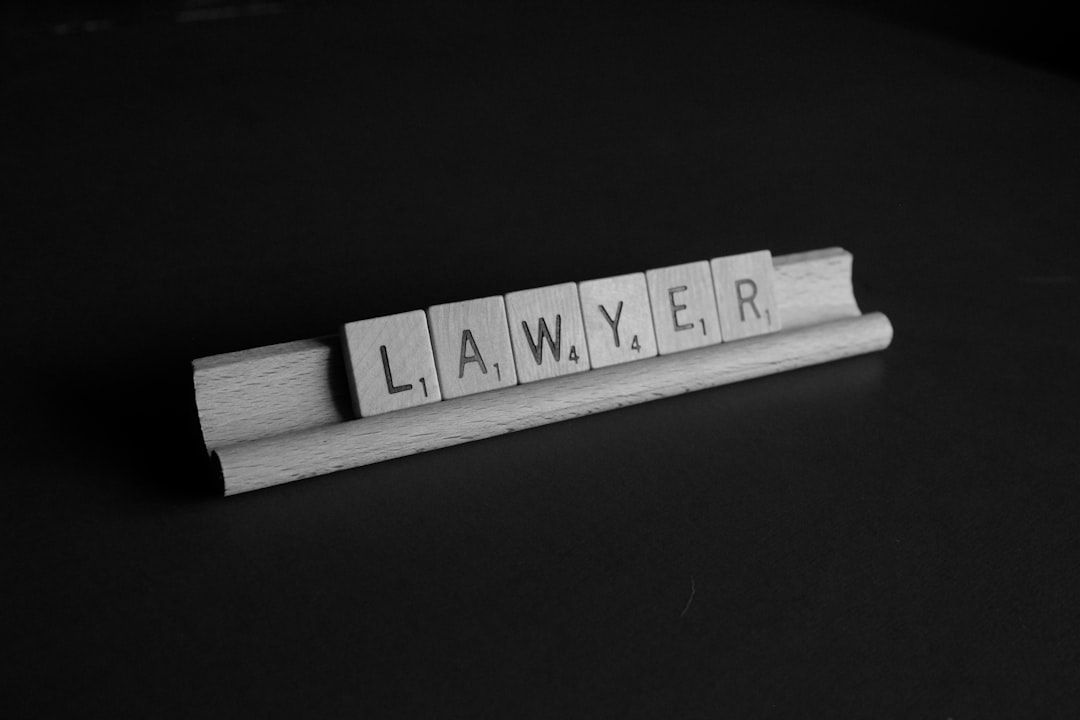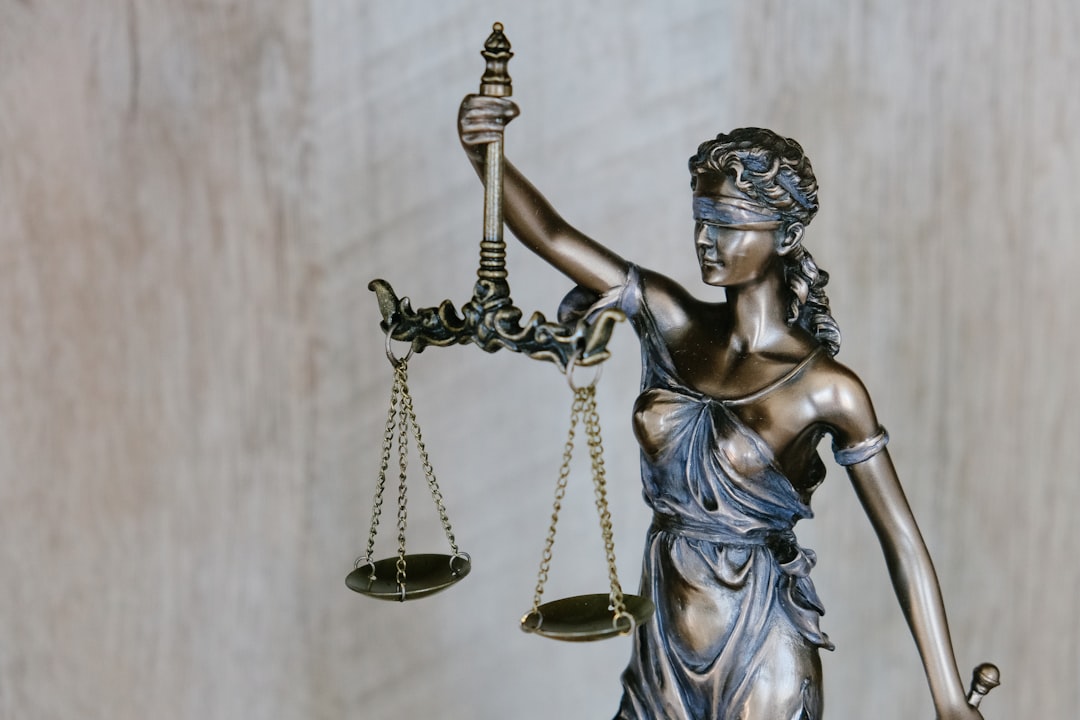In South Carolina, addressing male sexual assault cases is crucial. Understanding the nuances of state laws, which often differ from those governing female victims, is essential for justice. A specialized male sexual assault lawyer plays a pivotal role in navigating these complexities. This article explores key aspects: from deciphering South Carolina’s legal framework for male survivors to demystifying the legal process and highlighting available support resources. By armed with knowledge, survivors can find advocacy and healing.
Understanding Male Sexual Assault Laws in South Carolina

In South Carolina, male sexual assault laws are designed to protect victims and ensure justice. It’s crucial for anyone facing such charges to consult with a skilled male sexual assault lawyer in South Carolina who understands the complexities of these cases. The state recognizes that sexual assault can affect individuals regardless of gender, and its legal framework aims to provide equal protection under the law.
These laws cover a range of offenses, from unwanted touching to forcible rape, and carry severe penalties for perpetrators. A male sexual assault lawyer in South Carolina will help navigate these legalities, ensuring that your rights are protected while building a robust defense strategy. They will also guide you through the emotional process, offering support tailored to your unique situation.
The Role of a Specialized Lawyer

When facing charges related to male sexual assault in South Carolina, turning to a specialized lawyer is crucial. These legal professionals have an in-depth understanding of the complex dynamics and legal nuances surrounding such cases. They are well-versed in navigating the state’s laws, which can vary significantly from other jurisdictions, ensuring clients receive tailored advocacy.
A male sexual assault lawyer in South Carolina plays a vital role in protecting the rights and interests of their clients. They employ strategic approaches to build robust defenses, gather evidence, and challenge the prosecution’s case. Their expertise extends to negotiating plea bargains, providing expert witness testimony, and advocating for fair sentencing, ultimately aiming to achieve the best possible outcome for the accused.
What to Expect During the Legal Process

When you hire a male sexual assault lawyer in South Carolina, it’s crucial to understand what lies ahead during the legal process. Initially, your attorney will meet with you to discuss the details of your case, gathering evidence and statements from witnesses or victims. This step is vital for building a strong foundation for your defence or prosecution strategy. Depending on the nature of the assault, forensic evidence, medical records, and witness testimonies may play significant roles in shaping the case.
Throughout the legal process, your lawyer will guide you, ensuring that your rights are protected at every turn. They will file necessary documents with the court, prepare opening statements, and cross-examine witnesses. It’s essential to remember that each case is unique, and outcomes vary based on evidence, state laws, and procedural steps followed by both parties. A competent male sexual assault lawyer in South Carolina will advocate for your interests, aiming to achieve the best possible outcome given the circumstances.
Resources and Support for Survivors in SC

Surviving sexual assault is a challenging and often complex process, but there are resources available to help individuals navigate this difficult journey. In South Carolina, survivors can access various support services tailored to their needs. One crucial aspect of recovery is legal advocacy, which is where a male sexual assault lawyer in South Carolina can play a vital role. These attorneys specialize in handling cases involving gender-based violence and ensure that survivors’ rights are protected throughout the legal process.
The state offers hotlines, crisis centers, and support groups specifically designed for victims of sexual assault. These services provide immediate assistance, counseling, and a safe space to share experiences. Additionally, there are non-profit organizations dedicated to advocating for survivor rights and offering long-term support. With their expertise, these resources work to empower survivors, help them understand their legal options, and guide them towards healing and justice.






